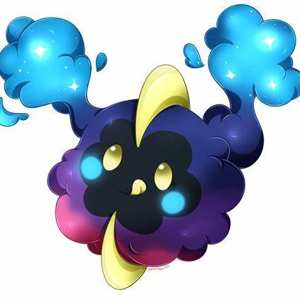I'm afraid that there are several issues with Cosmog's query. The system table sysschobjs is not visible in a normal connection only on the user connection. It does not have a column called ColumnName. And if you take the name column instead, the query would only returns rows if there objects in different schema with the same name, which is not an issue. You must cast to the new collation to find the would-be duplicates.
Here is a tested query:
; WITH CTE AS (
SELECT s.name AS "schema", o.name AS object, o.type,
cnt = COUNT(*) OVER(PARTITION BY s.name COLLATE Turkish_CI_AS, o.name COLLATE Turkish_CI_AS)
FROM sys.objects o
JOIN sys.schemas s ON o.schema_id = s.schema_id
)
SELECT "schema", object, type, cnt
FROM CTE
WHERE cnt > 1
ORDER BY "schema", object


